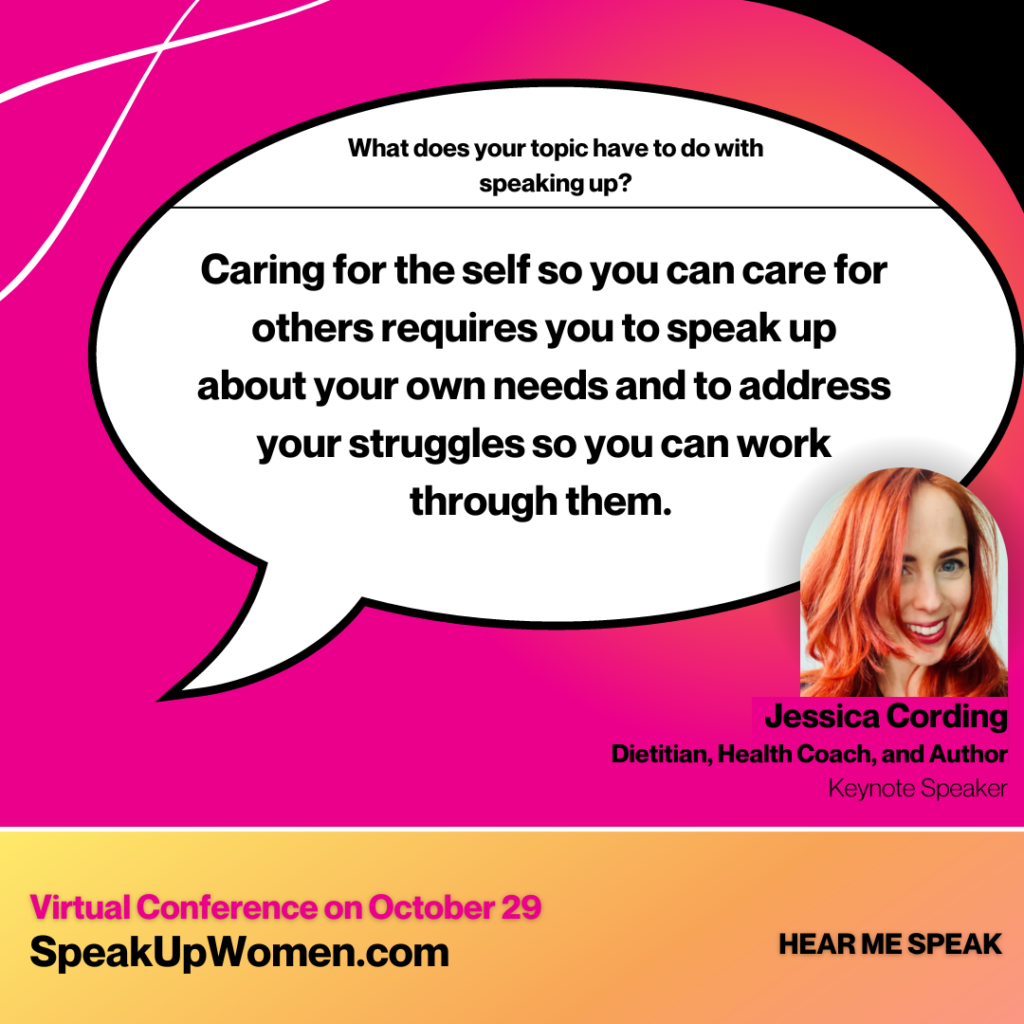Caregiver burnout can have serious mental and physical health consequences, but when you are hyper-focused on caring for someone else, it can be easy to ignore the warning signs.
Caregiver burnout is a state of exhaustion—be that physical, mental, or emotional—experienced by people who spend a lot of time responsible for the wellbeing, care, and safety of others. It may sometimes be accompanied by a change in attitude as well, shifting from positive to negative. Caregiver burnout is most likely to occur when caregivers don’t get the support they need or if they overextend themselves physically, emotionally, or even financially.
Some other contributing factors may include unrealistic demands (for example, juggling full-time work with hands-on caring for someone who needs to go to many doctors’ appointments or who requires around-the-clock care), role confusion (like caring for a parent or having a hard time separating your role as a spouse or friend from that of your caregiver role), and lack of control, to name a few.
Here are eight warning signs of caregiver burnout to watch out for:
You Feel Wiped Out
One of the hallmark signs of caregiver burnout is feeling exhausted all the time, no matter how much rest you actually get. You may notice you just don’t have the energy to do things that used to be a regular part of your routine or you feel more easily overwhelmed. Some people notice their limbs feel heavier or they feel like they could take a nap at times of the day when they are used to feeling alert and engaged.
You’re Eating A Lot More — Or You’ve Totally Lost Your Appetite
Changes in appetite are a very common response to the stress of caregiving. Many people find they eat more, either because they physically feel hungrier or because they turn to emotional eating to soothe themselves. Others find their appetite goes MIA, causing them to eat less than they’re used to. In both cases, this can lead to weight changes that have a negative impact on health.
You’re Drinking More Alcohol
Because we’re conditioned to view alcohol as a way to unwind (despite the fact that, biochemically speaking, it actually can make stress and anxiety worse when you build up a tolerance to the de-stressing effects), increased alcohol intake is a common issue that comes up for stressed-out caregivers. This behavior can have a negative impact on your physical and mental functioning. It’s hard to feel fully functional when you’re hungover, and long-term overuse of alcohol can contribute to health issues such as weight gain and sleep disruption, to name a few, and even more serious issues like liver failure, increased risk of accidents, and death.
You Have Zero Motivation To Exercise
When you’re exhausted from caregiving (not to mention a lot busier), it can be hard to muster the motivation to get to the gym or a workout class. If you’re someone with an “all or nothing” mindset around exercise, you may also find yourself falling into the trap of thinking that a workout won’t “count” if it’s less than an hour or a certain level of intensity you’re used to. Some may also feel guilty for taking time for themselves. This can become a difficult cycle to break, as abstaining from exercise can actually worsen fatigue and mood, leading you to find it even more challenging to return to movement as time goes on.
Your Sleep Is Shot
One of the first things to go for many people when they’re under stress is sleep. Sure, we all know the benefits of rest, but even with this knowledge, it’s not uncommon for your health to take a nosedive when you’re not getting enough sleep. Worse, it can feel out of your control when you have to either stay up late taking care of tasks you can’t get to during the day, you’re providing care during the evening, or because stress has a sneaky way of high-jacking your brain at night. If you notice your sleep quality is suffering or you’re having a hard time falling asleep or staying asleep, you may be on the road to caregiver burnout.
You’re Getting Sick More Often
Have you noticed that you’re suddenly getting every cold that comes around or that your body is taking longer to heal from cuts and scrapes? Caregiver burnout may be to blame. When you are not getting proper nourishment or sleep and you are under intense stress for a prolonged period of time, your immune system takes a major hit and getting sick more often is one of the many side-effects you can experience.
Your Mood Is Off
Feeling more irritable, down, or helpless? Do you find yourself more anxious than usual? Are you withdrawing from friends and family or simply don’t have the emotional energy to reach out? Or do you feel numb and like you are just going through the motions of the day? Do you experience any feelings of wanting to harm yourself or the person you’re caring for? These are all signs that caregiver burnout is impacting your mental health.
Your Negative Self-Talk Is Out Of Control
Another sign of caregiver burnout is being extremely self-critical. Guilt is a very common emotion that comes up for caregivers. You may feel guilty for not being able to cure the person you’re caring for or feel like you’re not doing enough or doing a good enough job. Feeling guilty for tending to your own wellbeing is also extremely common for caregivers. All of this “guilt” can lead to an increase in negative self-talk, making your inner world a challenging place to be in.
What To Do If You Suspect You Have Caregiver Burnout
If you’re showing signs of caregiver burnout, it’s important to address it—not just for yourself, but also for the person you are caring for; even taking small steps to take care of yourself can begin to make a difference.
Depending on which warning signs you’re dealing with, you can call your healthcare provider to set up an appointment and plan next steps or maybe you need to call a friend for encouragement or support. Hiring someone to assist with certain aspects of caregiving or tasks you find yourself unable to manage can also be very helpful.
Sometimes simply setting clear boundaries with your time and energy so you can carve out more time for your own needs can go a long way in helping you feel better. Bottom line: Don’t be afraid to seek help. Self-care isn’t selfish.
Learn more about Jessica and her journey at the Speak Up Women Conference.
If you enjoyed this article, join our newsletter and community at SpeakUpWomen.com to receive updates about new articles and events and our upcoming conferences.





